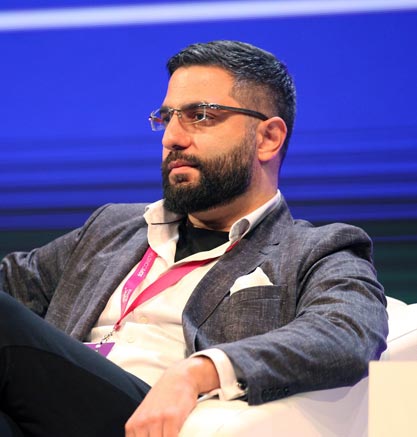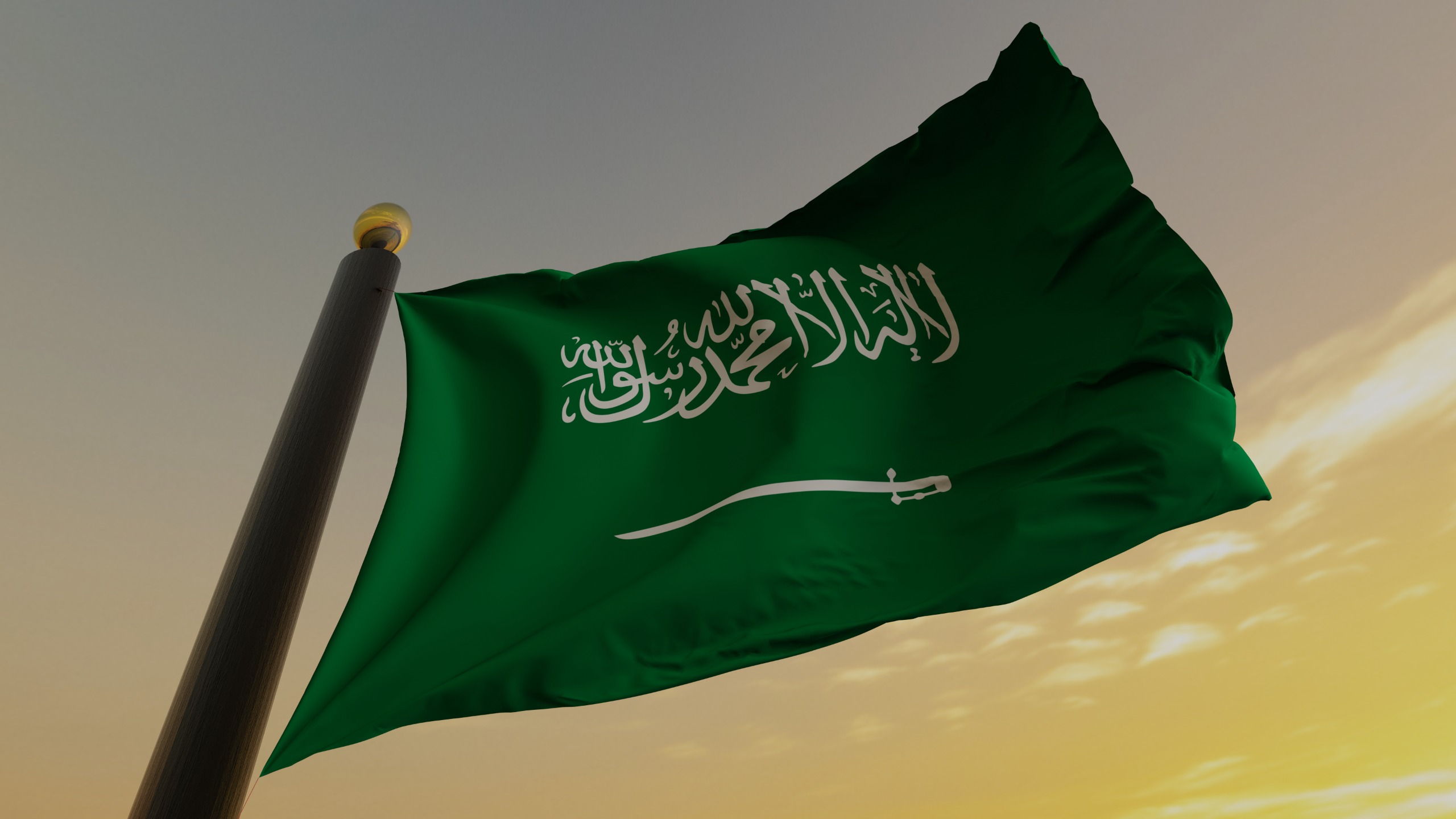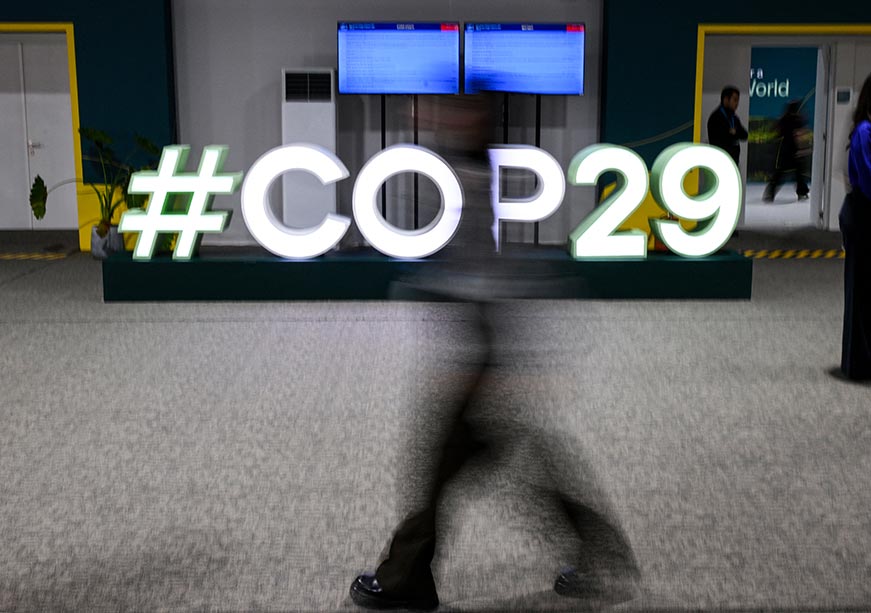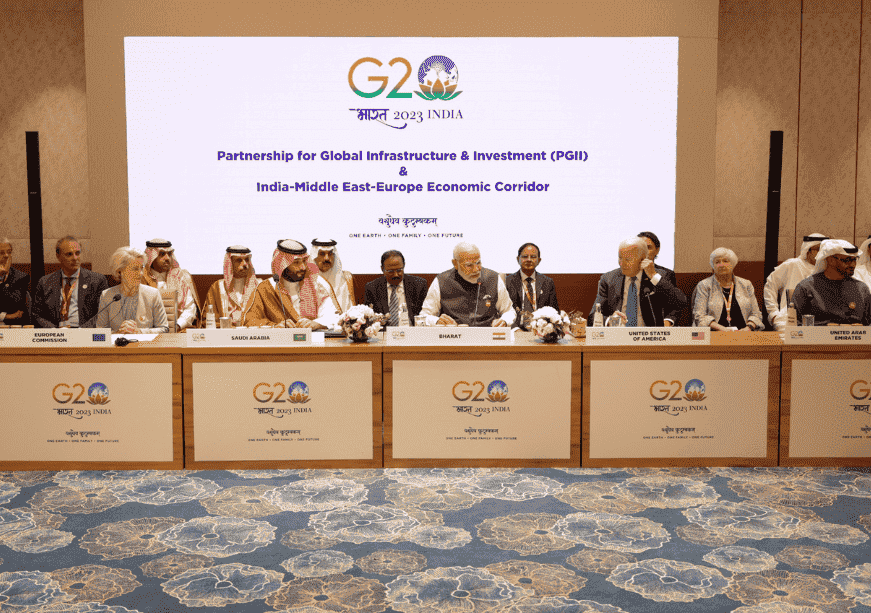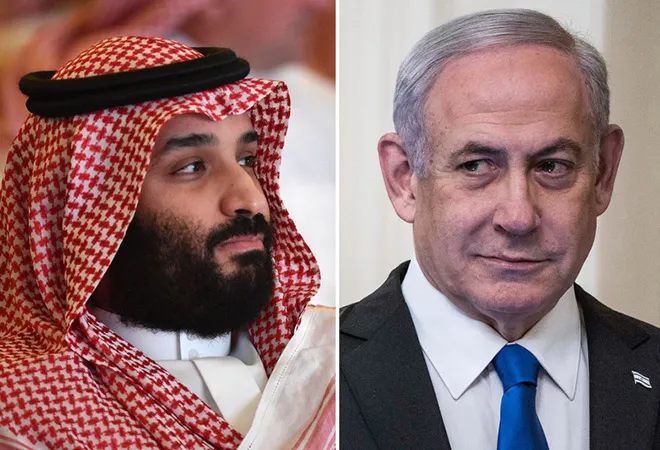The global internet backbone relies heavily on submarine cables, which form an intricate web of physical connectivity under oceans and seas. These cables, while enabling high-speed internet access worldwide, remain vulnerable to accidental cuts, natural disasters, and geopolitical tensions. For regions like the Gulf, with its own share of such tensions, this internet dependency poses significant risks to economic and social stability, underscoring the pressing need for resilient and reliable connectivity.
Recent technological advancements, exemplified by SpaceX’s Starlink, offer an alternative: satellite-based internet connectivity. This innovation bypasses terrestrial infrastructure and is proving transformative in diverse scenarios, such as flood disaster relief in Brazil, widespread protests and internet shutdown in Iran, emergency aid in the Gaza Strip, and maintaining communication during conflicts, as evidenced in Ukraine.
Armenia, a landlocked nation with complex geopolitical realities, has recently embraced Starlink to enhance its digital resilience. Through regulatory approvals and strategic deployment plans, Armenia aims to mitigate risks associated with its dependence on a single submarine cable through Georgia. By looking at the Armenian case, countries in the Gulf region can glean a great deal of initiatives and lessons in their endeavor for tech security. There is no doubt that such cases will resonate in the Gulf region, particularly the UAE, where Starlink has recently received regulatory approval, which seeks to strengthen its position as a global digital hub.
Opportunities for the UAE and Beyond
Satellite internet presents a multitude of opportunities for the UAE and the wider Gulf region. One of the most significant advantages is enhanced resilience and security. Satellite-based systems, as demonstrated in Armenia and Ukraine, provide critical resilience during crises. Unlike submarine cables, which are susceptible to sabotage or natural disruptions, a constellation of satellites ensures uninterrupted connectivity. For the UAE and Arab Gulf nations, where energy and digital infrastructure are essential, adopting satellite technology can effectively safeguard economic activities and national security.
Additionally, satellite internet has the potential to bridge the digital divide in remote areas. As of 2021, the UAE’s rural population stands at 12%, while Saudi Arabia’s is 15%.1 In rural Armenia, where mountainous terrains hindered broadband access, Starlink’s capabilities have proven transformative. Similarly, Gulf nations can utilize satellite connectivity to serve sparsely populated desert regions and offshore projects, fostering inclusivity and innovation.
The economic benefits of satellite internet are also profound. By integrating satellite-based connectivity, Gulf nations can attract global tech investments and bolster key industries such as tourism, finance, and logistics. High-speed internet in remote locations could enhance tourism experiences in desert resorts, and improve operational efficiency in oil and gas fields. Such integration aligns with the region’s economic trajectory, where expanding existing sectors or fostering new industries creates opportunities for investments, drives job creation, and fuels sustained economic growth.
Furthermore, satellite internet offers strategic independence by reducing reliance on submarine cables that traverse politically sensitive regions. This autonomy aligns with the UAE’s aspirations to lead in digital transformation and technological innovation, offering a reliable alternative to traditional infrastructure. As stated by Sheikh Hamdan bin Mohammed bin Rashid Al Maktoum, Crown Prince of Dubai, on the celebration of the UAE’s 53rd National Day last month, “Dubai and the UAE are committed to being at the forefront of global digital transformation and become an international centre of excellence for future industries.”2 Satellite internet will offer significant benefits to aid this vision.
Satellite Internet Brings Risks and Challenges
Despite its advantages, satellite internet poses several challenges and risks. One of the primary concerns is the high cost associated with its deployment and operation. For instance, a Starlink Community Gateway station, designed to provide coverage to thousands across an entire province, requires a one-time upfront cost of $1.25 million and an additional fee of $75,000 per Gbps per month. Individual household units are priced at approximately $500, with monthly fees of $1003. Such costs could be prohibitive for mass adoption unless Gulf governments step in to subsidize expenses or incentivize public-private partnerships.
Regulatory challenges also present significant hurdles. As demonstrated in Armenia, the allocation of frequency spectrums and other regulatory frameworks are pivotal for enabling satellite operations. Gulf countries must navigate similar landscapes, ensuring that swift approvals are granted while addressing concerns about data sovereignty and the private ownership of critical infrastructure. Additionally, there is a growing concern about dependence on private entities like SpaceX. The dominance of such companies in the satellite internet space raises questions about data privacy and control. Privacy, both at the governmental level and within individual households, has long been a deeply ingrained cultural and traditional value in the region. Governments must establish robust agreements with operators to safeguard national interests and prevent potential misuse of the infrastructure.
Geopolitical implications add another layer of complexity. The strategic value of satellite internet can exacerbate geopolitical tensions, as its deployment in conflict zones has sometimes raised concerns about misuse. Furthermore, as conflicts evolve, so do the technologies involved, increasing the likelihood that satellite internet infrastructure could become a strategic target. The significant investment required for this technology amplifies the stakes, making its protection even more critical during periods of heightened tension. Gulf nations must prepare for these diplomatic challenges and ensure that the multi-use nature of this technology is effectively managed. Addressing these risks requires a comprehensive approach, combining robust policies and proactive engagement with stakeholders to maximize the benefits of satellite internet while mitigating its challenges.
Maximizing Opportunities and Minimizing Risks
Optimizing for the numerous opportunities presented by satellite internet whilst minimizing risks requires a comprehensive policy analysis. Pilot programs in remote areas, such as oil fields or desert communities, can demonstrate feasibility and build public confidence. The Gulf region should prioritize deploying Starlink or similar satellite services to enhance digital resilience, whilst taking into consideration a multitude of policy implications and recommendations.
To fully leverage the opportunities provided by satellite internet, comprehensive regulatory frameworks are essential. Gulf nations must establish clear policies for licensing, data governance, and spectrum allocation, as has been done by the UAE in June of 2024. Collaborating with private operators such as SpaceX can ensure alignment with both national security objectives and broader economic goals. Integrating rural and remote areas into the internet ecosystem should be prioritized. Enhanced connectivity in these regions can drive entry into the financial ecosystem, foster e-commerce opportunities, support tourism in less accessible areas, enable exploration, and strengthen education and healthcare services. This integration not only fosters inclusivity but also propels economic growth and social development.
Investing in local ground stations is another critical step. These facilities will localize data processing and enhance encryption security, forming a foundation for future satellite internet initiatives. Partnerships between public entities and private corporations can further accelerate this transformation. Incentives such as tax breaks and grants will encourage collaboration and innovation, driving affordable and scalable deployment models for end-users. To maximize efficiency, hybrid models combining satellite and terrestrial networks should be explored. Integrating Starlink’s backhaul capabilities with existing telecom infrastructure, for instance, can enhance connectivity across urban and rural landscapes.
Addressing digital sovereignty remains a pressing concern. Gulf governments must negotiate terms that ensure data ownership and robust encryption standards. Armenia’s approach to establishing localized infrastructure offers valuable insights for maintaining control over sensitive data. Promoting regional cooperation is also pivotal. By pooling resources, Gulf nations can create an interconnected and resilient network, fostering digital sovereignty while supporting economic integration across the region. Lastly, the geopolitical complexities associated with satellite internet require proactive strategies. Engaging with international organizations and fostering stronger regional and diplomatic initiatives will be crucial to safeguarding satellite internet infrastructure and addressing the geopolitical tensions that may arise from its adoption.
Satellite internet represents a transformative opportunity for the UAE and Gulf region, offering unparalleled resilience, inclusivity, and strategic independence. By learning from Armenia’s recent adoption of Starlink and addressing associated risks, Gulf nations can position themselves as leaders in the digital economy. With the right policies and investments, the skies above the Gulf could soon host not just stars, but the future of global connectivity.







